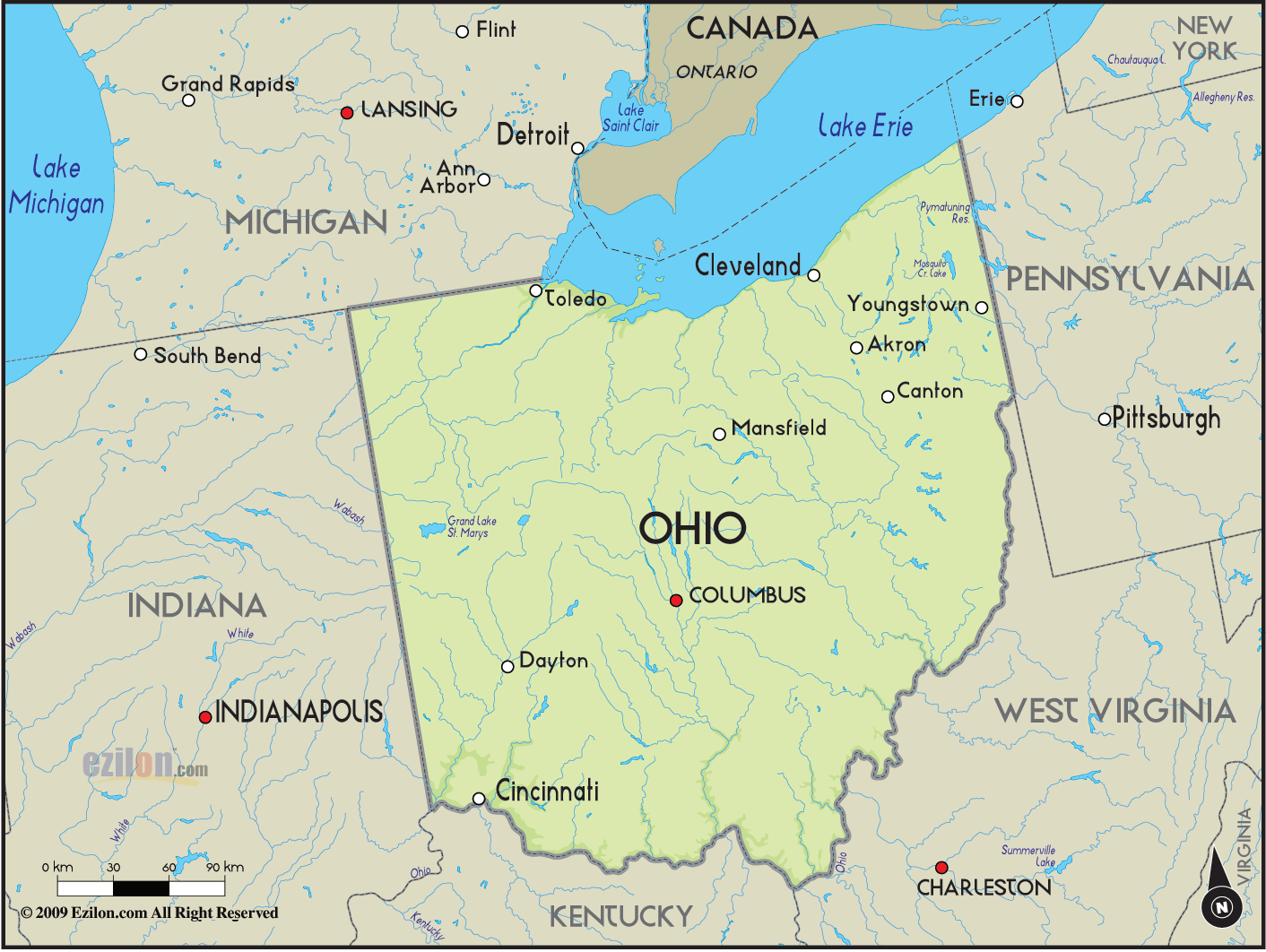Detail Author:
- Name : Mazie Stamm
- Username : jada57
- Email : vdubuque@gmail.com
- Birthdate : 1987-05-23
- Address : 5335 Cummerata Dale Apt. 786 Friesenton, MT 35913
- Phone : 818-476-5257
- Company : Gutkowski, Schaefer and Wilkinson
- Job : Precision Lens Grinders and Polisher
- Bio : Quia eum cumque vel. Ullam consequuntur perspiciatis et omnis aut minus aliquid. Et dolore exercitationem autem natus possimus ipsa.
Socials
instagram:
- url : https://instagram.com/agustina_koch
- username : agustina_koch
- bio : Minus ut nostrum non ut exercitationem. Sequi reprehenderit reiciendis quia accusamus occaecati.
- followers : 993
- following : 2889
linkedin:
- url : https://linkedin.com/in/koch2025
- username : koch2025
- bio : Harum voluptatibus officiis ex sapiente.
- followers : 5576
- following : 2409
facebook:
- url : https://facebook.com/kocha
- username : kocha
- bio : Consequatur labore corporis et aut perspiciatis accusamus quia.
- followers : 3252
- following : 2245
Have you ever stopped to think about how places shape the way people speak? It's kind of fascinating, isn't it? When you consider a spot like Ohio, sitting there on the northeastern edge of the Midwest, right by Lake Erie and bordering Pennsylvania, West Virginia, and Kentucky, you just know it's a crossroads. This state, you see, has long been a cultural and geographical melting pot, and that mix, it really does something to the words folks use every single day.
You might, you know, find yourself in Columbus, which is the capital and a rather big city, or perhaps up in Cleveland, another one of the larger population centers, and notice that people have their own little ways of talking. It’s not just about an accent; it's more about specific phrases or even single words that just make sense if you're from around here. It's a bit like a secret handshake, but with sounds, honestly.
So, if you're looking to get a better feel for the local chatter, or maybe you just want to understand what people are truly saying when they open their mouths in the Buckeye State, then a sort of guide to Ohio's unique language patterns might be just the thing. It’s about more than just words; it's about connecting with the spirit of the place, don't you think?
Table of Contents
- What Makes Ohio Speak So Special?
- Getting to Know the Ohio Slang Dictionary Basics
- A Look at Some Ohio Slang Dictionary Terms
- Why Does Ohio Slang Dictionary Matter for Visitors?
- How Do These Words Shape the Ohio Experience?
- Expanding Your Ohio Slang Dictionary Knowledge
- The Ohio Slang Dictionary - A Living Language
What Makes Ohio Speak So Special?
Ohio, a place often called the Buckeye State, finds itself right in the middle of things, geographically speaking. It's on the edge of the Midwest, you see, and it shares its northern border with the very large Lake Erie. To its east, it touches Pennsylvania, and then down to the southeast, you find West Virginia, with Kentucky just across the way. This spot, this coming together of different areas, has, in a way, made it a place where various ways of speaking could meet and mix. The land itself, with its range from wide, flat stretches of ground to areas with gently curving hills, perhaps even lends a little something to the local chatter, too it's almost as if the very landscape influences the rhythm of speech. This state, which was a pretty important spot during the War of 1812, and later played a significant part in helping people who were enslaved find their freedom, has a history of movement and change, which, in turn, influences the way its people talk, don't you think?
Getting to Know the Ohio Slang Dictionary Basics
When we talk about words that are special to a certain area, we're really talking about a way that communities express themselves. It’s not just about having a different word for something; it’s about a shared sense of place and, you know, a common understanding. In Ohio, as in many other spots, you'll find that some terms are used across the whole state, while others might be more common in, say, the Columbus area compared to the Cleveland area, or even down near the borders with Kentucky and West Virginia. It’s kind of interesting how language can shift even within a single state, is that not so?
Is "Pop" Really an Ohio Slang Dictionary Staple?
If you've spent any time in Ohio, or really, a lot of the Midwest, you've probably heard people ask for a "pop" when they mean a fizzy, sweet drink. This is, in some respects, a pretty well-known example of a regional word, and it’s definitely something you’d find in any good Ohio slang dictionary. While some places might say "soda" or "coke," here, "pop" is the word that just rolls off the tongue. It’s a very common thing, actually, and it’s a simple way to tell if someone has spent some time living or growing up in this part of the country. It’s a small thing, but it truly marks a difference in everyday conversation.
A Look at Some Ohio Slang Dictionary Terms
So, let's get down to some of the specific words and phrases you might hear if you’re spending time in Ohio. These are the kinds of terms that just make sense to locals, and they help give the local way of speaking its own special feel. It’s not a complete list, of course, but it’s a good start to help you get a handle on some of the things people say around here. You know, these words are often tied to places or common experiences, making them a part of the daily rhythm of life for many people.
- The Lake: This one is pretty simple, but it’s used a lot. When someone in northern Ohio says "The Lake," they're almost always talking about Lake Erie. It's a very big body of water that borders the state to the north, and it’s a central part of life for many communities up that way. You might hear someone say, "Are you going to The Lake this weekend?" meaning, are you headed to Lake Erie, for instance.
- Buckeye: Now, this word has a few uses. Ohio is, as a matter of fact, known as the Buckeye State. The term "Buckeye" can refer to the state itself, or it can be used to describe someone who is from Ohio. It’s a term of local pride, usually. So, if someone says, "He's a true Buckeye," they mean he’s genuinely from Ohio, and probably pretty proud of it, too.
- Cbus: This is a pretty common, informal way to talk about Columbus, the state capital and largest city in Ohio. It’s a quick, easy way to refer to the city, and people use it all the time in conversation. You might hear someone say, "I'm heading down to Cbus for the weekend," meaning they're going to Columbus. It’s just a shorthand, you know?
- The Cleve: Similar to "Cbus," "The Cleve" is a shortened, more casual way to refer to Cleveland, which is another one of Ohio's very large cities. It’s a term that locals use among themselves, showing a kind of familiarity with the place. So, if you hear someone mention "The Cleve," they're talking about Cleveland, pure and simple.
- The 614: This refers to the area code for Columbus and some of the surrounding communities. People will sometimes use area codes as a way to refer to their general home region, and "The 614" is a very common way to do that for folks living in or around the capital city. It’s a kind of local identifier, really.
- Pop: As we talked about, this is the word for a carbonated soft drink. It’s a classic Midwestern term, and it’s definitely a word you'll hear regularly in Ohio. So, if you're thirsty and want a soda, just ask for a "pop," and you'll fit right in, pretty much.
Why Does Ohio Slang Dictionary Matter for Visitors?
If you're visiting Ohio, getting a little bit of a handle on some of these local terms can really make a difference. It helps you, you know, feel more connected to the place and the people. When you hear someone use a term like "The Lake" and you know what they mean, it’s a bit like being let in on a secret. It can help make conversations flow more easily and, honestly, make your experience a lot richer. It shows you’re paying attention, too, and that you're interested in the local way of doing things. It’s about more than just understanding words; it’s about understanding a bit of the local culture, which is very cool.
How Do These Words Shape the Ohio Experience?
The words people use, they really do shape the way a place feels. For folks in Ohio, these terms are more than just words; they're a part of their daily lives and how they relate to their surroundings. Whether it's talking about the flat plains or the rolling hills, or mentioning one of the big cities like Columbus or Cleveland, the language reflects the reality of living here. It’s a way that people connect with their home state, which, you know, is sometimes called the heart of it all. These words, they create a sense of shared identity, a common thread that runs through conversations across the state, from the shores of Lake Erie down to the borders with Kentucky and West Virginia, too it's almost like a linguistic map of the state.
Expanding Your Ohio Slang Dictionary Knowledge
The best way to pick up more of these local words and phrases, honestly, is just to listen. Pay attention to how people talk in different parts of Ohio. You'll find that language is a living thing, and it changes a little from one community to the next. Spending time in various spots, whether it's the bustling center of Columbus or a quieter town near the Pennsylvania border, will give you a better feel for the subtle differences in speech. It’s a bit like learning a song by listening to it over and over, you know? The more you hear, the more you pick up, and the more you'll understand what makes the language here special. You could, for instance, just listen to the news about the state's budget, which is a rather large spending plan, and you might hear some local turns of phrase in the way they discuss it.
The Ohio Slang Dictionary - A Living Language
Language, you know, is always on the move. New words pop up, and some older ones might fade away, which is just how things go. An Ohio slang dictionary, in a way, is never truly finished because the language itself is always changing, always adapting. It reflects the people, the places, and the very history of the state, from its time as a battleground during the War of 1812 to its important role in helping people find freedom. So, when you think about the words people use here, remember that they are a part of a much larger story, a story that is still being written every single day by the folks who call this place home. It’s a pretty neat thing to consider, isn't it?
- Barron Trump 1889 Book
- Kim K Nude
- George Lopez Show Sandra Bullock
- Know Who You Are Lyrics
- Tim Mynett


/columbus--ohio-cityscape-825663918-04cfd5792b5d45a89b11ef0cd074d443.jpg)